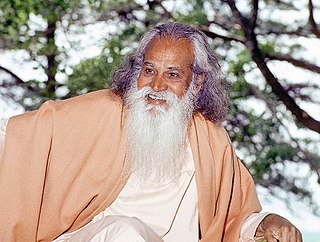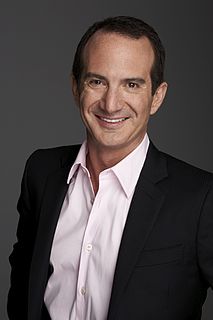A Quote by Irving Stone
Life's not so bad after all. There are not only poison but also antidotes.
Related Quotes
Attacking bad books is not only a waste of time but also bad for the character. If I find a book really bad, the only interest I can derive from writing about it has to come from myself, from such display of intelligence, wit and malice as I can contrive. One cannot review a bad book without showing off.
The same thing can be both good and bad. Whenever you speak of good, bad is also present. The world is a mixture of both. There is not good without bad. They are both sides of the same coin. Both are necessary. We have been given free will and discriminating capacity to select what is beneficial to us and to avoid what is detrimental to us. Even Cobra poison can be used as medicine.
The bad economist sees only what immediately strikes the eye; the good economist also looks beyond. The bad economist sees only the direct consequences of a proposed course; the good economist looks also at the longer and indirect consequences. The bad economists sees only what the effect of a given policy has been or will be on one particular group; the good economist inquires also what the effect of the policy will be on all groups
The Unheavenly Chorus is the definitive study of participatory inequality in America. Marshaling prodigious evidence, the authors show how money not only buys influence directly but also affects associations that are supposed to be democratic antidotes to concentrated wealth. A monumental achievement of careful scholarship, this book offers real knowledge of how politics actually operates.





































